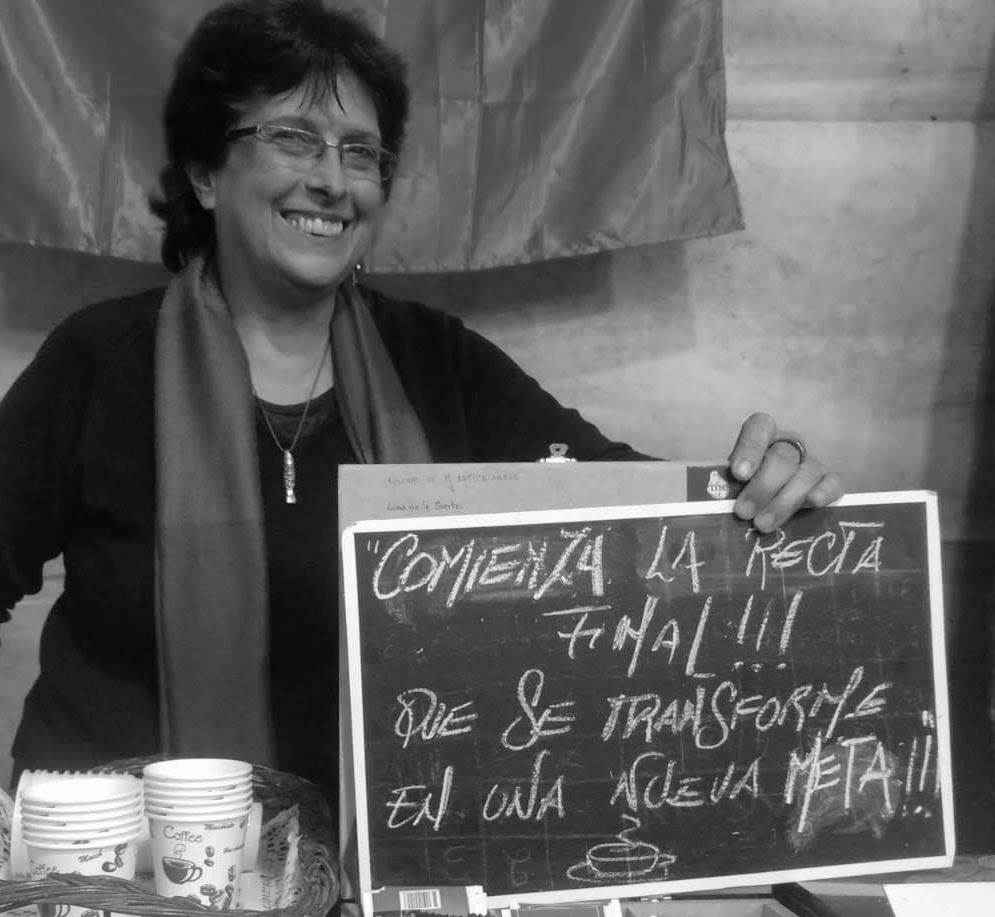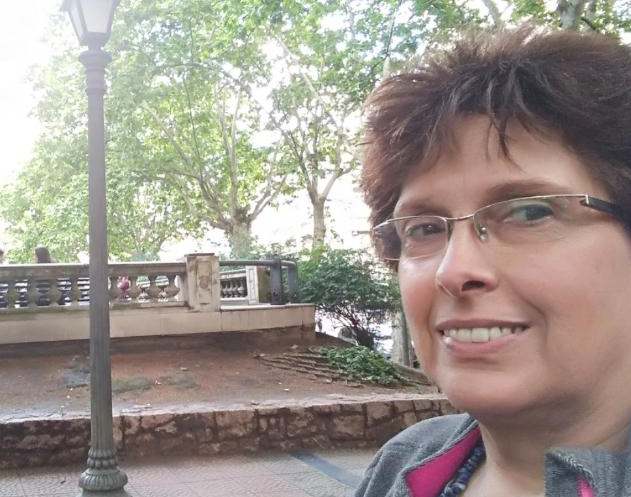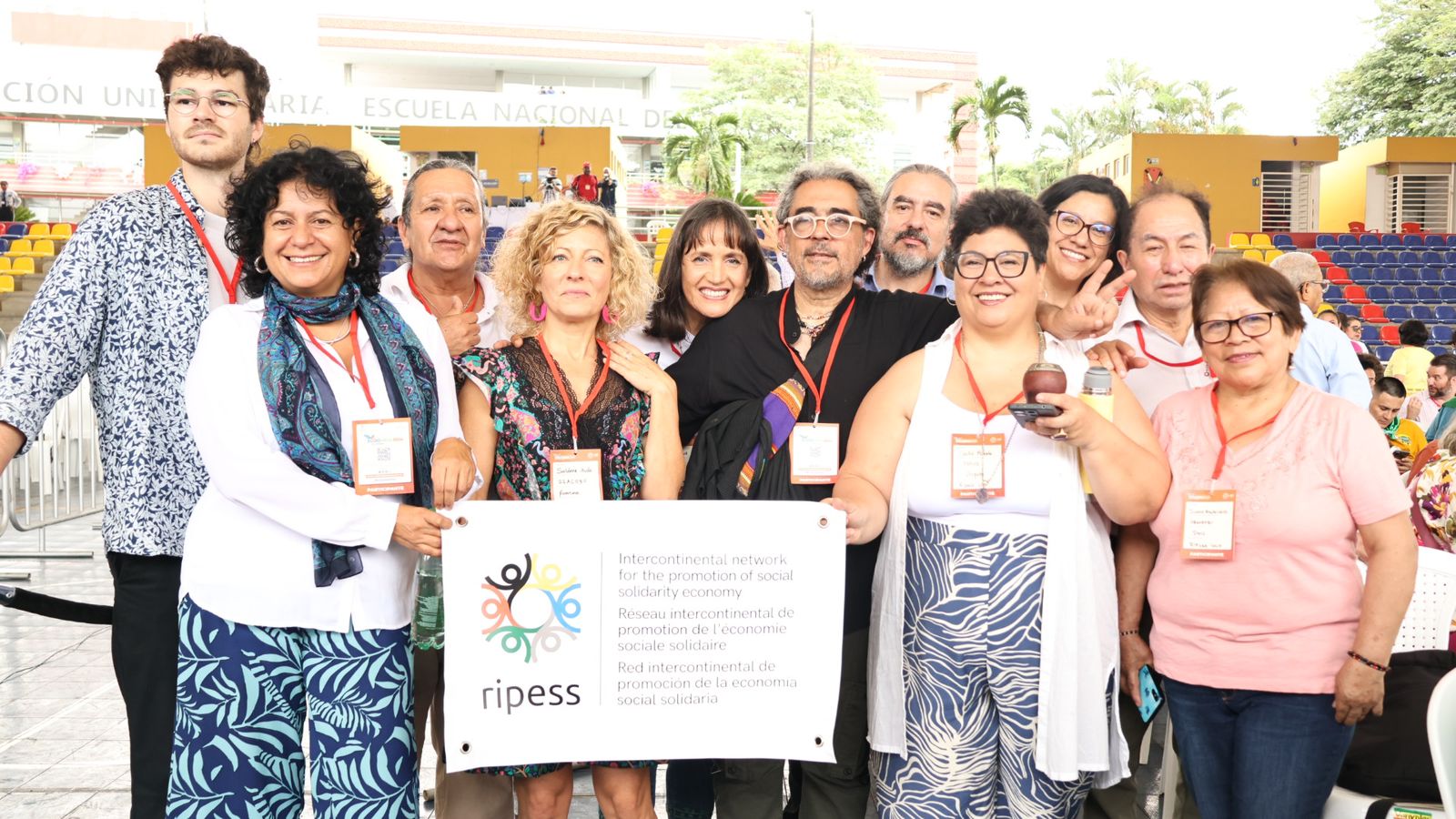On December 10, 2019, the Uruguayan House of Representatives approved the Social Solidarity Economy Law in Uruguay, a more than important step in a long road. We spoke with Helena Almirati, member of the Uruguay Solidarity Economy Coordinator, who has been part of the whole process along with the rest of the country’s Social Solidarity Economy (SSE) members, to explain the importance of the approval of this public policy.
Written by Gabriel Boichat, RIPESS’ Communication Manager
You have been part of the negotiations for the development and approval of the law through the Solidarity Economy Coordination. What was the process? What leadership was shown by SSE?
Currently, to participate in bills and proposal development to develop public policies is part of the Uruguay Solidarity Economy Coordination’s daily work. This is one of its strategic lines and the approval of the Social Solidarity Economy Law is a fundamental milestone for us.
In 2008, the general Law on Cooperatives was approved and INACOOP, the National Cooperative Institute, was created. This was the first step in Uruguay, as this is when the solidarity economy was included in the debate on the process.
From 2011 onwards, our organization promoted a debate entitled: “Towards a solidarity economy law”, with meetings, debates and round tables. This happened at each event held at the national level, as well as two activities convened in parliament.
In the first meetings we convened, the question arose: Is it necessary to have a specific SSE law? Wouldn’t it be better to first develop the solidarity economy and strengthen its organizations?
We live in a world where the economy puts the accumulation of capital at the center of preoccupations that than human development, or the environment, and where there are public policies, legislation, educational programmes built throughout the history of the country that seek to strengthen and develop this system and its values. The development of the solidarity economy, legislation and public policies that support it, therefore deserve all our attention and effort.
Parallel to ensuring discussions through work meetings in all our activities we also began to hold meetings with other social movements, public institutions and parliamentarians. This process contributed to building the relationship between these actors, as well as to the visibility of SSE.
This process culminated with the creation of the first SSE bill in a commission that integrated the University Solidarity Economy Network, INACOOP, the Solidarity Economy Coordinator and ministerial representatives in 2013.
In 2017, after a long process of exchange between the SSE organizations and the public, the first draft of the parliamentary law was studied.

What are the main points of the Law and what changes will it mean for SSE in Uruguay?
I would like to highlight some elements that were included in the law:
That articulation between all SSE actors and a formulation that involves everyone should be promoted. In this process we also defined that an economy that needs so much development has to be doubly qualified: Social Solidarity Economy.
The elaboration of public policies and legislation in Social Economy (SE) must take into account not only the reality of this sector, but also the contribution of its organizations.
How to promote, evaluate and measure an economy that is not only measured by the Gross Domestic Product (GDP) it generates, the annual balance sheet, the number of workers or their purchasing power?
The SSE and its values should be included in education throughout the entire educational process.
National public policies should be developed in all territories.
On the other hand, the law defines the purpose and nature of SSE in article 3:
“The Social and Solidarity Economy is understood as the economic and cultural-environmental system, made up of the group of organizations and networks that develop collective or social objectives, characterized by practices of solidarity, associations, cooperatives and mutual aid, democratic participation in decision-making, management autonomy, the primacy of the human being and the common good over capital, social and gender equity, respect for nature, cultural diversity and local development, with the objective of satisfying the needs of its members or the community in pursuit of human development and the democratization of the economy through the production of goods and services, their distribution, circulation, marketing, financing and fair and responsible consumption.
Finally, I believe it is important to highlight that the law foresees the creation of a National SSE Council, that includes the presence of the social organizations and all the state sectors that interact with this field, as well as holding one of the annual National Conferences, a space for participation, articulation and elaboration with all the public actors and social organizations.

The Coordinator is member of RIPESS LAC. Have you been able to count on the support and examples of other countries through the intercooperation with the network? What does this law mean for the rest of the LAC countries?
At the beginning of this process, a study was carried out and some background information on SE legislation from other countries was disseminated, which for different reasons contributed to this development. For example, we took the SE Bill of Brazil, the Popular and Solidarity Economy Law of Ecuador, the SE Sectorial Bill of the Dominican Republic, and the SE Superintendency Law of Colombia into account.
Thanks to our membership in the network, we participated in international exchange meetings on legislation and public policies. And finally, the recent creation of the RIPESS-LAC advocacy commission, which we have joined, will undoubtedly play an important role in the exchange and collective construction.
From now on, what are the main challenges?
This has been a long road, with encounters and syntheses, but also with difficulties and tensions, which deserve all our attention and collective reflection on the antagonistic ways of conceiving the economy and life, and others between the different SSE organizations.
The challenges ahead of us are to always continue working to help all the SSE members to meet and work together, as well as to contribute to the fact that the approved law duly impacts the construction of SSE.
This week we have two events to raise awareness on and evaluate the law, one at the University convened by the Research Group on Public Policy and Higher Education of the university with the support of the Coordinator of Solidarity Economy. And another within the framework of a Solidarity Economy meeting convened by the Coordinator.
The approval of the law will contribute to the development of SSE if we see it as a great step, part of a long journey towards the other possible world.
It was the best text that we collectively managed to write, which will mark the path if we continue to work day by day so that each letter, each chapter do not stand alone, but a part of a new holistic approach.









Leave A Comment